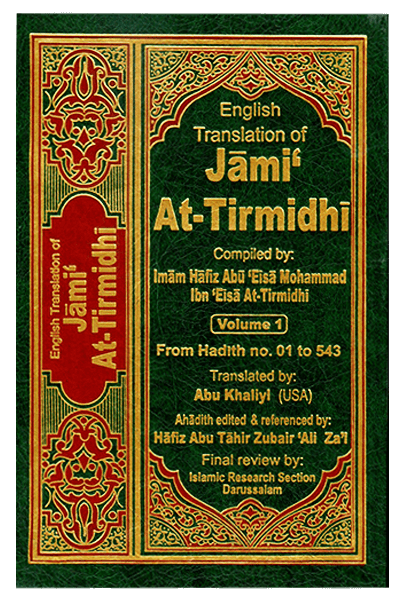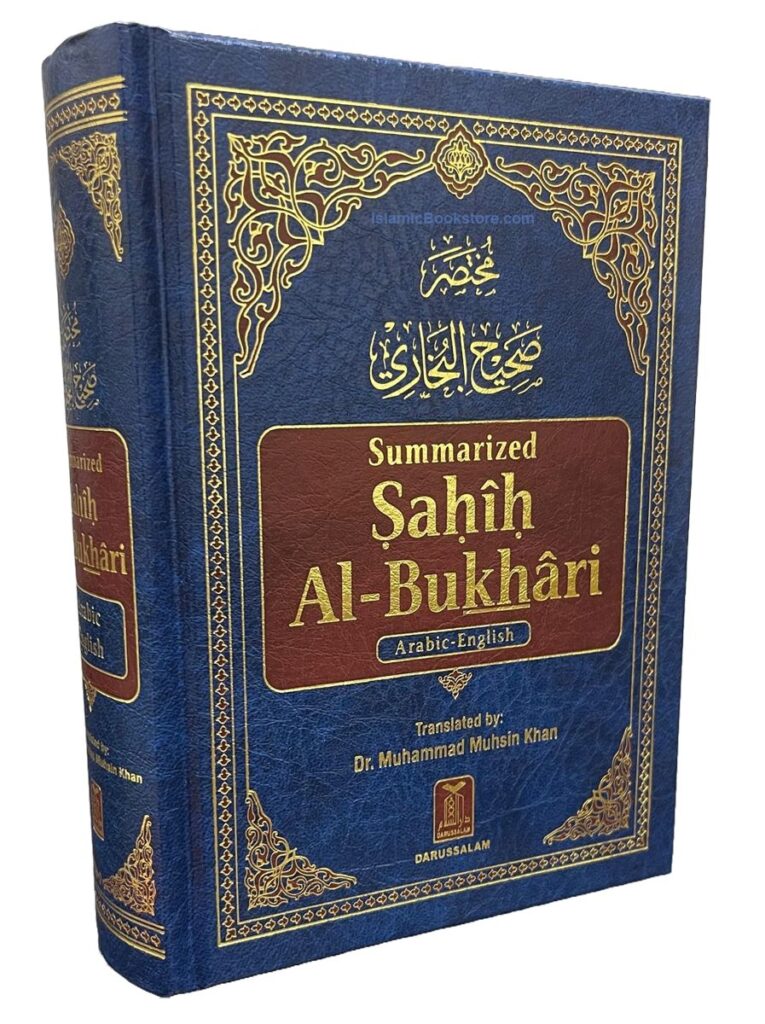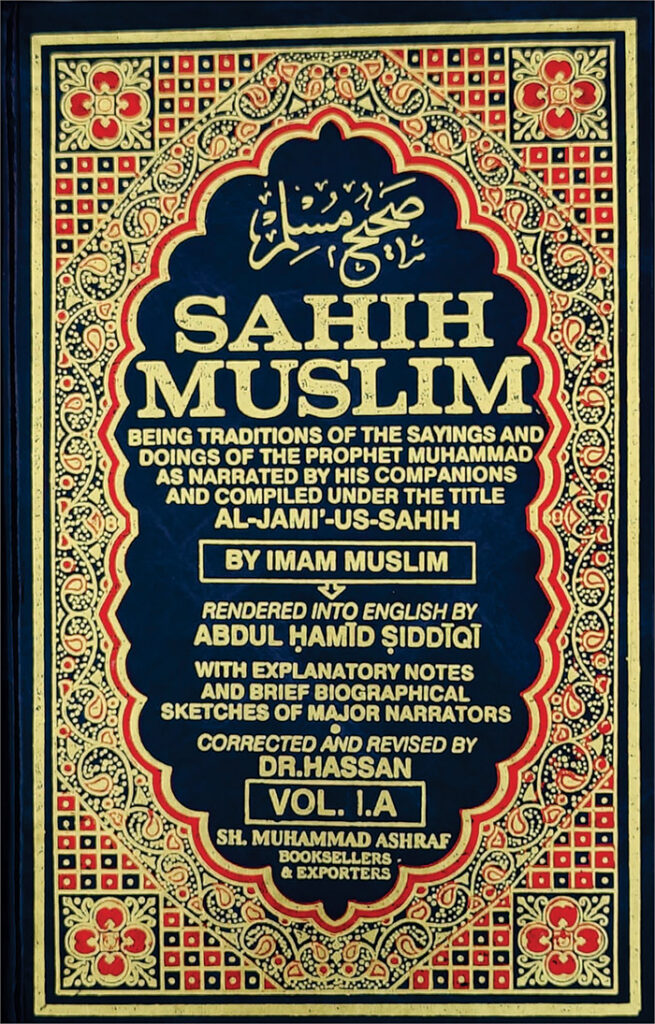In Islam, the rulings regarding shopping and business transactions are derived from the Quran and Hadith, emphasizing fairness, honesty, and avoiding fraud or interest (riba). Here are some key Islamic teachings on this matter:
1. Quranic Verses on Fair Trade & Honesty
Allah commands justice and prohibits deceit in business dealings:
“Give full measure and weight in justice, and do not deprive people of their due. And do not cause corruption on the earth after it has been set in order.”
(Quran 7:85)
“O you who believe! Do not consume one another’s wealth unjustly, but trade by mutual consent.”
(Quran 4:29)


2. Hadith on Honesty in Business
The Prophet Muhammad (ﷺ) emphasized honesty in trade:
“The truthful and trustworthy merchant will be with the prophets, the truthful, and the martyrs (on Judgment Day).”
*(Sunan al-Tirmidhi 1209, Hasan)*


“A time will come upon people when they will not care how they gain wealth, whether lawfully or unlawfully.”
(Sahih Bukhari 2059, warning against haram earnings)


3. Prohibition of Fraud (Ghubn) & Deception
The Prophet (ﷺ) said:
“Whoever cheats is not one of us.”
(Sahih Muslim 102, condemning fraud in trade)


He also forbade:
- Hiding defects in goods (Sunan Abu Dawud 3436).
- False oaths to sell products (Sahih Bukhari 2087).
- Price manipulation and hoarding (Sunan Ibn Majah 2156).
4. Avoiding Riba (Interest)
Allah strictly forbids interest-based transactions:
“Allah has permitted trade and forbidden interest (riba).”
(Quran 2:275)


5. Encouragement for Leniency in Buying/Selling
The Prophet (ﷺ) praised kindness in transactions:
“May Allah’s mercy be on the one who is lenient when he sells, buys, and demands repayment.”
(Sahih Bukhari 2076)


Conclusion (Islamic Ruling on Shopping)
- Buying & selling is permissible (Halal) if done fairly, without fraud, interest, or deceit.
- Deception, false advertising, and exploitation are Haram.
- Muslims must be honest, transparent, and just in all transactions.

